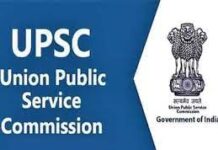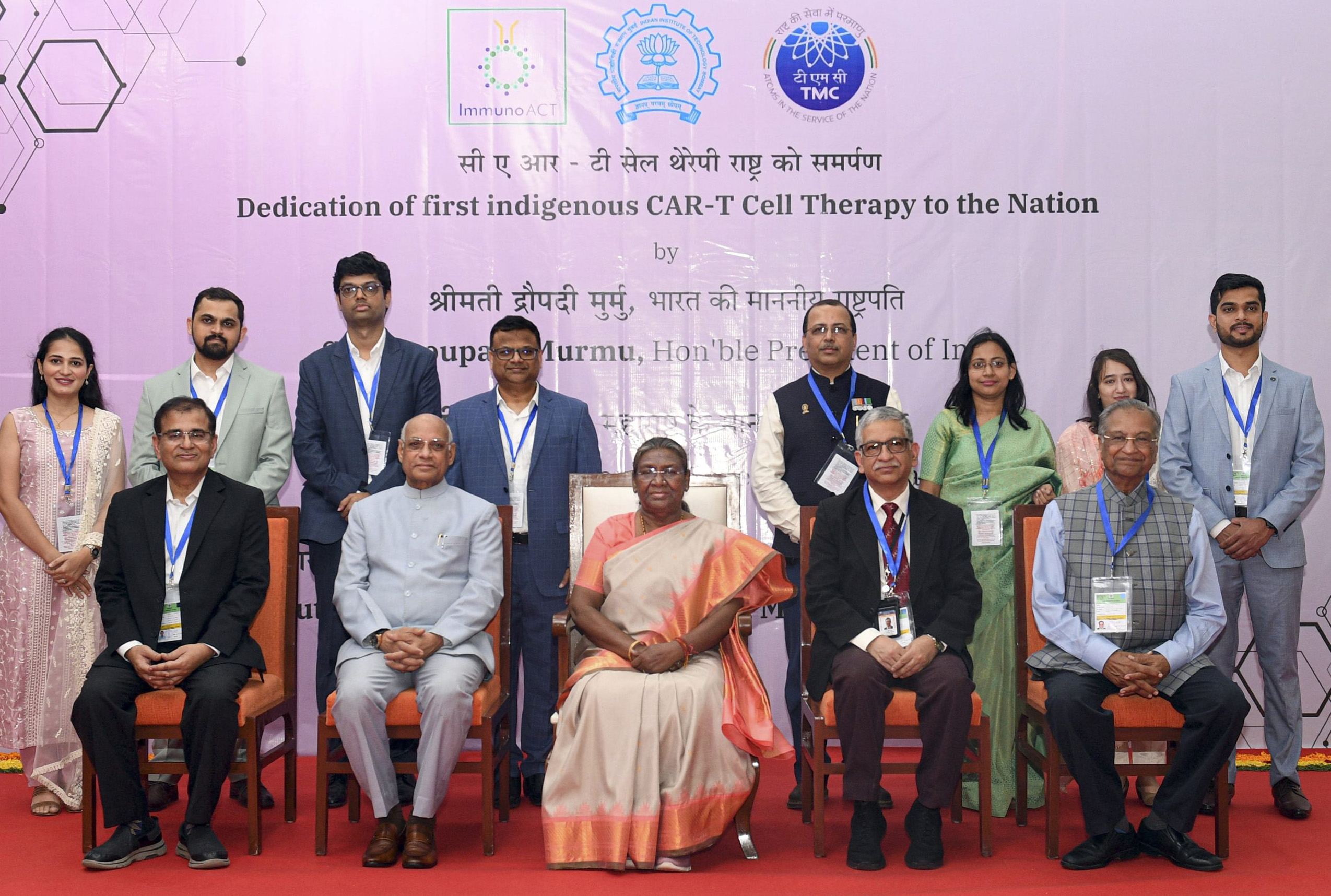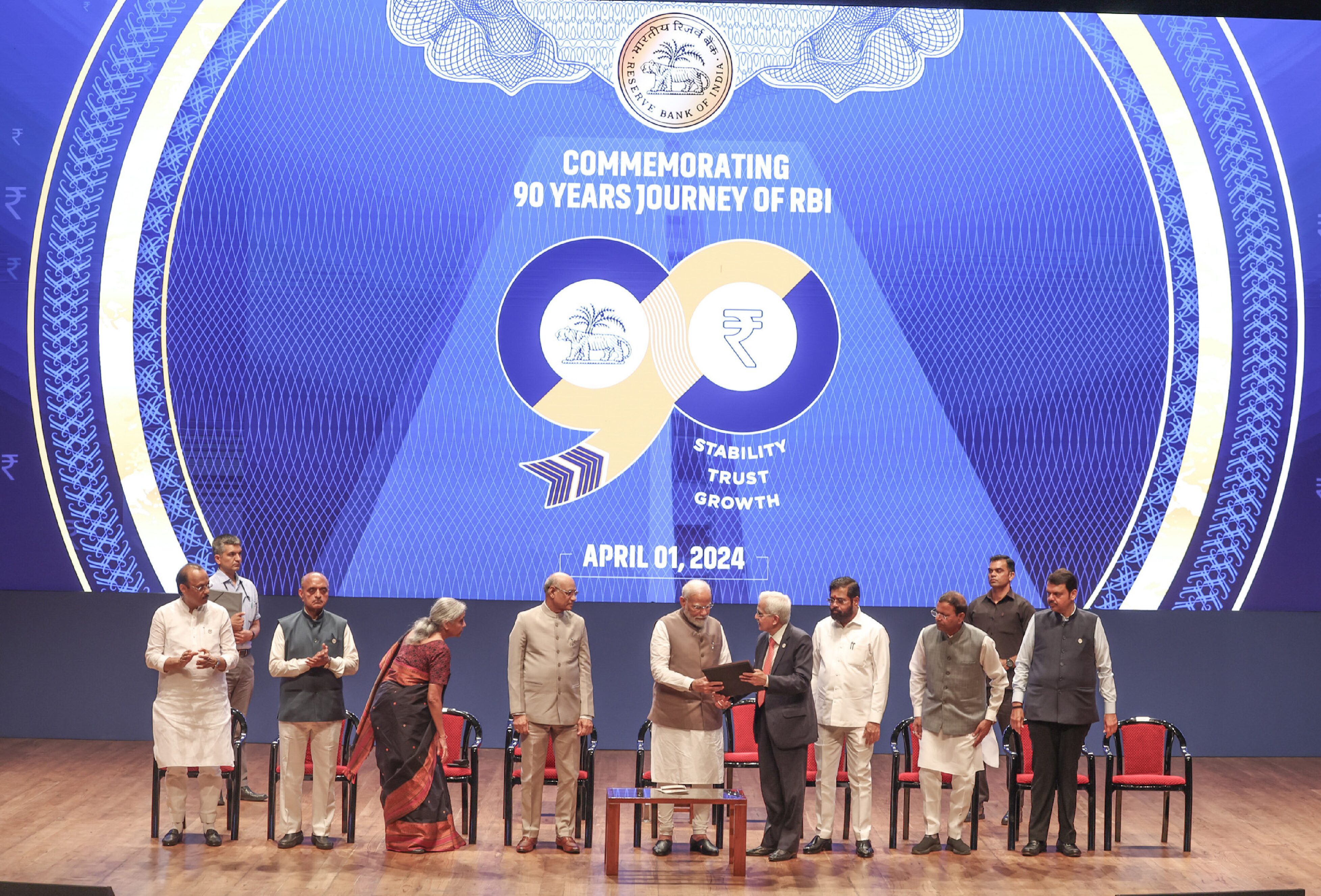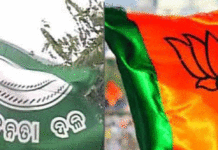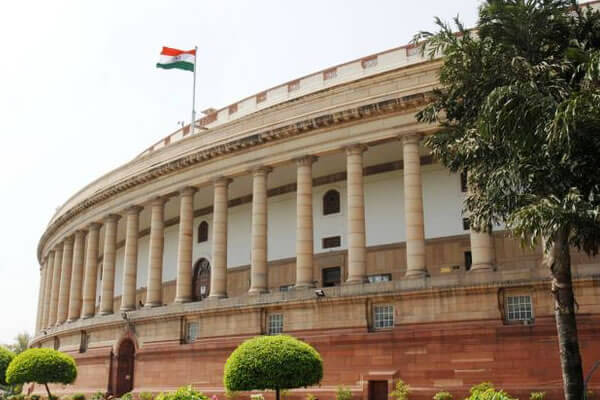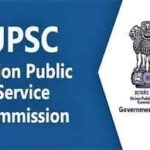The Government in association with All India Council for Technical Education (AICTE) promotes innovations and research & development in established and new technologies, generation, adoption and adaptation of new technologies, to meet developmental requirements of the country and for the overall improvement of educational process. Towards these ends, the Council operates three schemes, namely, Modernization and Removal of Obsolescence (MODROBS), Research Promotion Scheme (RPS) and Nationally Coordinated Projects (NCP). In order to enhance the quality of technical education in the country, the Government is taking the following steps: –
(i) Higher Education Financing Agency (HEFA): This is a not-for-profit organization that will leverage funds from the market and supplement them with donations and CSR funds. These funds will be used to finance setting up and improvement in infrastructure and research facilities in our top institutions and will be serviced through internal accruals.
(ii) PM Research Fellowship: Under this scheme, the best students who have completed or are in the final year of B. Tech or Integrated M.Tech or M.Sc. in Science and Technology streams from IISc/IITs/NITs/IISERs/IIITs will be offered direct admission in PhD programme in the IITs/IISc. Such students, who fulfill the eligibility criteria, and shortlisted through a selection process, as laid down in the PMRF Guidelines, will be offered a fellowship of Rs. 70,000/- per month for the first two years, Rs. 75,000/- per month for the 3rd year, and Rs. 80,000/- per month in the 4th and 5th years. Apart from this, a research grant of Rs. 2.00 lakh will be provided to each of the Fellows for a period of 5 years to cover their foreign travel expenses for presenting research papers in international conferences and seminars. A maximum of 3,000 Fellows (1000 per year) would be selected during a three-year period.
(iii) Smart India Hackathon (SIH): SIH is being undertaken by MHRD on yearly basis to identify new and disruptive digital solutions for solving the challenges faced by our country.
(iv) Setting up of virtual classrooms and massive open online courses (MOOCs): Virtual classrooms under SWAYAM and MOOCs are newer forms of technology-enabled learning which help to broad-base quality education across all geographical regions. MOOCs have emerged as an inexpensive mechanism for offering quality education online, to a very large number of learners. The benefits of quality faculty, teaching excellent courses in top institutions, can be transmitted with the help of virtual classrooms and online courses to students & faculty across all institutions irrespective of their physical location thereby making education truly seamless and borderless.
(v) National Digital Library: Ministry of Human Resource Development under its National Mission on Education through Information and Communication Technology has initiated the National Digital Library (NDL) pilot project to develop a framework of virtual repository of learning resources with a single-window search facility. It is being developed to help students to prepare for entrance and competitive examination, to enable people to learn and prepare from best practices from all over the world and to facilitate researchers to perform inter-linked exploration from multiple sources.
(vi) Training and Research in Frontier Areas: It is proposed to establish centers of excellence for advanced training and research in the frontier areas including biotechnology, bioinformatics, nano-materials, nano-technologies, mechatronics, higher performance computing engineering/industrial design, etc.
(vii) Setting up of Inter-Institutional Centres, Creation of Excellence Clusters and Networks, Establishing Alliances across Institutions: This includes provision for Setting up of Inter Institutional Centers, Creation of Excellence Clusters and Network, Establishing Alliances Across Institutions.
(viii) Startup India Initiative in Higher Educational Institutions: The erstwhile scheme “National Initiative for Technology Transfer” has been revamped as Startup India Initiative in Higher Education. Under this initiative, special efforts would be made to strengthen international research linkages and involve a larger number of Indian institutions in forging such links with industry through a framework of research parks for collaborative and joint research programmes.
(ix) Implementation of the IMPRINT Research Initiative (Impacting Research Innovation and Technology): This scheme is meant for adopting engineering and technology as the vehicle to addressing the societal needs and achieving national prosperity.
(x) National Institutional Ranking Framework: This framework outlines a methodology to rank institutions across the country. The methodology draws from the overall recommendations and broad understanding arrived at by a Core Committee set up by MHRD, to identify the broad parameters for ranking various universities and institutions. The parameters broadly cover Teaching, Learning and Resources; Research and Professional Practices; Graduation Outcomes; Outreach and Inclusivity and Perception.
(xi) Technical Education Quality Improvement Programme (TEQIP): This is a World Bank funded project to enhance quality and equity in selected engineering education institutes and improve the efficiency of the engineering education system in focus States/ Union Territories.
(xii) Research Parks: In order to provide impetus to research in the country, the Government has approved setting up of 9 Research Parks one each at IIT Madras, IIT Kharagpur, IIT Bombay, IIT Gandhinagar, IIT Delhi, IIT Guwahati, IIT Kanpur, IIT Hyderabad, and IISc Bangalore. IIT Madras Research Park has become fully functional with 43 R&D clients, 4 Incubators, 55 Start-ups, and 5 Centres of Excellence. IIT Gandhinagar Research Park has been approved with full funding from the Department of Science & Technology.
(xiii) Quality Initiatives by AICTE: AICTE has approved an action plan focusing on Planning, Selection, Induction Training, Curriculum Revision, Mandatory Internships, Industry Readiness, Promotion of Innovation & Start-ups, Exam Reform, Teachers’ Training and Mandatory Accreditation.
With a view to promote innovation of a higher order that directly impacts the needs of the Industry and thereby improves the competitive edge of the Indian manufacturing, a scheme called “Uchhatar Avishkar Yojana (UAY)” was approved by the Government. The project envisages collaboration between academia and industry –within or outside India. Under UAY Phase- I, 87 projects at a cost of Rs. 265.59 Crore with joint funding by MHRD, participating Ministries and Industry in the ratio of 50:25:25 have been approved. Under UAY Phase-II, the Apex Committee of UAY in its meeting held on 20.11.2017 has approved 65 projects at a cost of Rs. 139.48 Crore for a period of 3 years.
This information was given by the Minister of State (HRD), Dr. Satya Pal Singh in a written reply to a Lok Sabha question.








